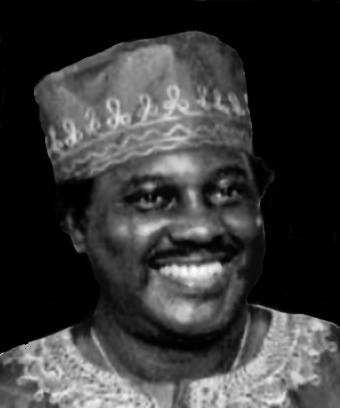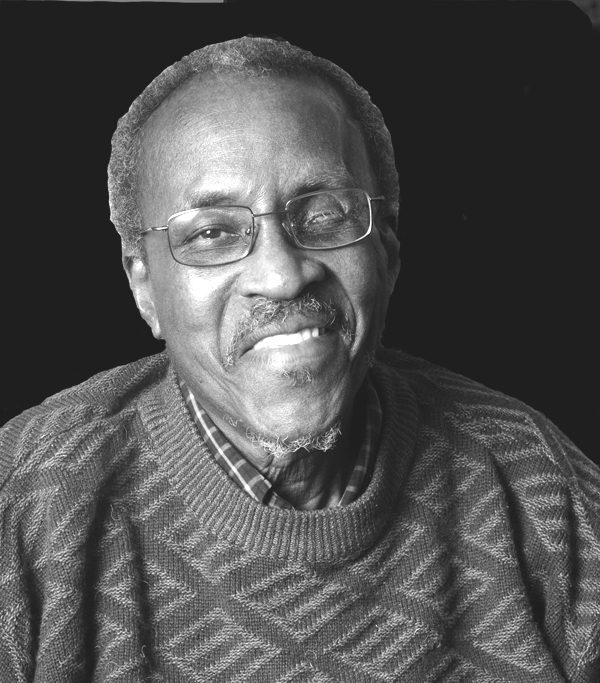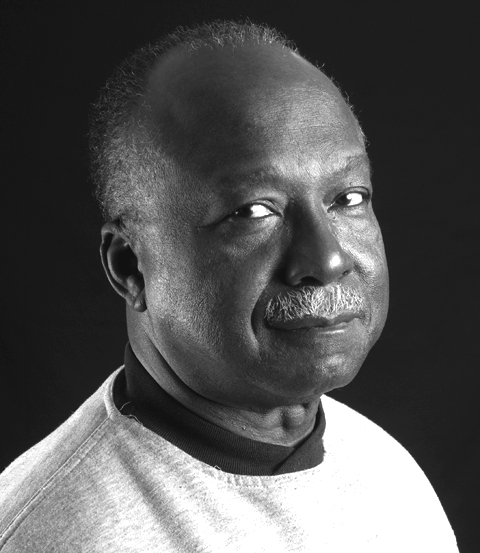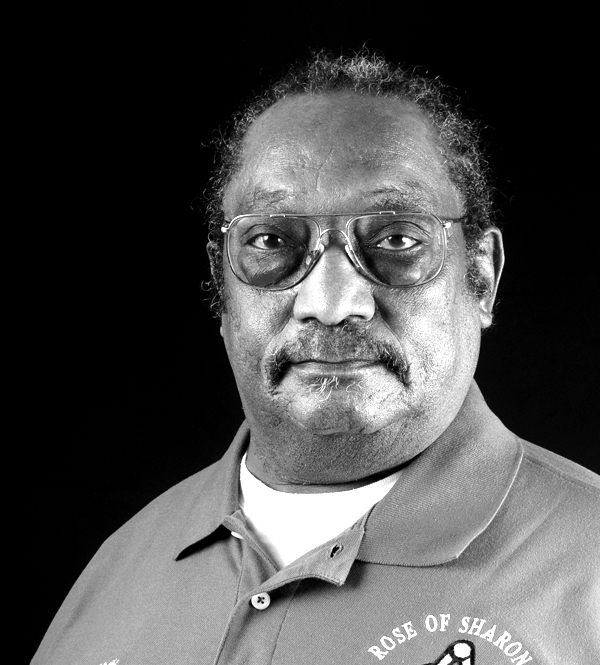The members of the Friendship 9!
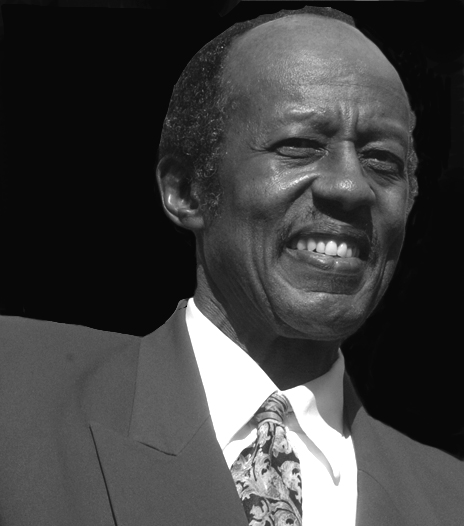
After graduating from Emmett Scott High School in 1960, Gaines enrolled at Friendship. He was elected president of the student branch of the NAACP while taking an active role in ongoing protests in downtown Rock Hill. He was an organizer of nonviolence training for protesters and helped craft the decision to stay in jail rather than post bond.
He continued protests after the group’s release from jail. After graduating from Friendship, Gaines went on to Benedict College in Columbia, where he was active with the NAACP’s civil rights protests and clerked for Judge Matthew Perry. After law school at Howard University, Gaines worked in Rock Hill for the Model Cities program, then joined the NAACP Legal Defense Fund in Florence, where he worked on civil rights cases that went as high as the U.S. Supreme Court and changed civil rights laws. Gaines worked as a lawyer in both civil rights cases and in general practice until retiring.
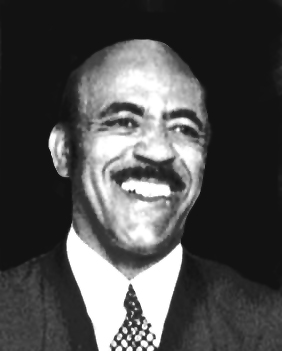
After the protests, Gaither worked for civil rights groups in other places, including helping to organize the May 1961 Freedom Rides, before he was drafted by the Army. After graduate school specializing in botany, Gaither was a professor at Slippery Rock for almost 30 years.
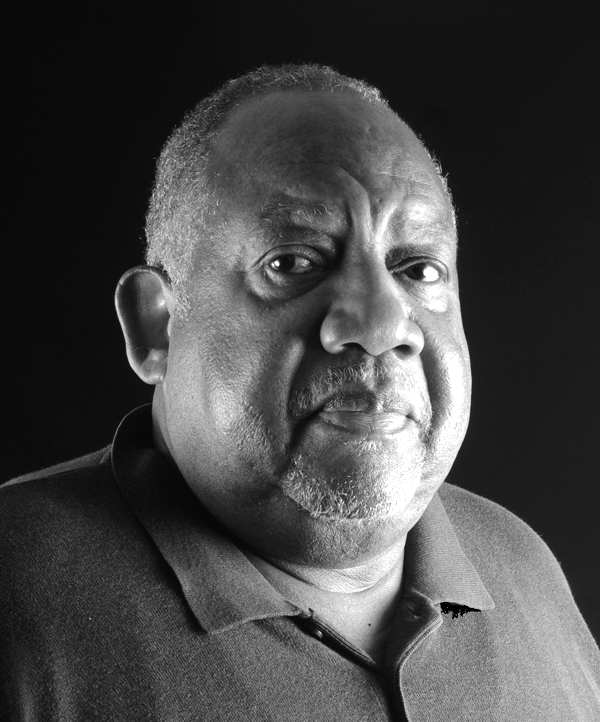
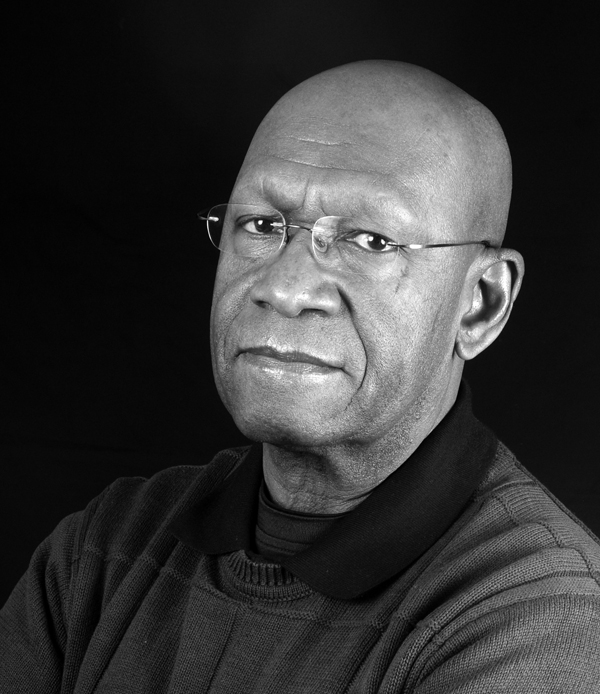
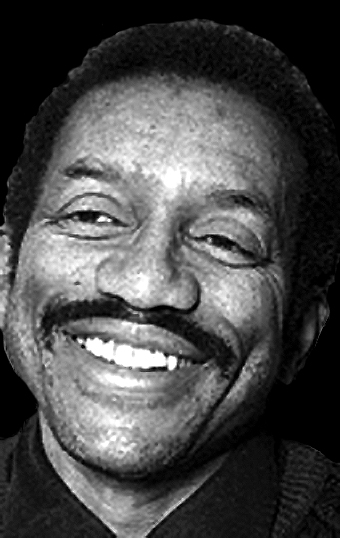
McCullough was instrumental in helping others in the group with schoolwork, and tutored many in several subjects. After graduating from Friendship, McCullough joined the Air Force. Afterward, he graduated from Winthrop with a double degree in business administration and political science, taught at Friendship, and worked for years in the computer services department at Celanese Corp.
